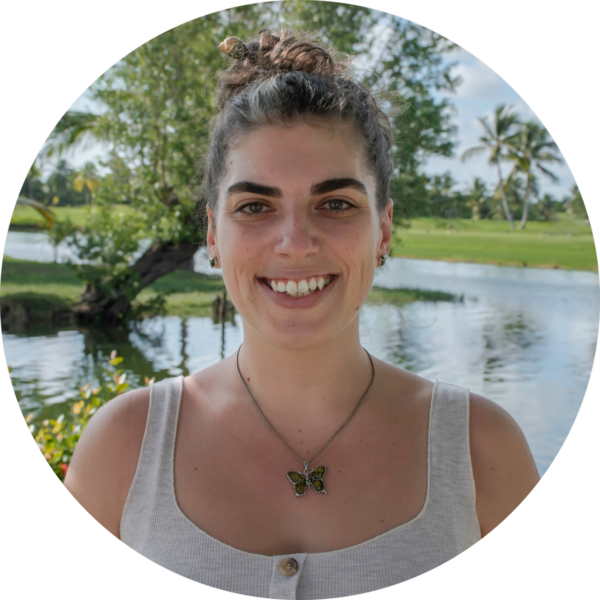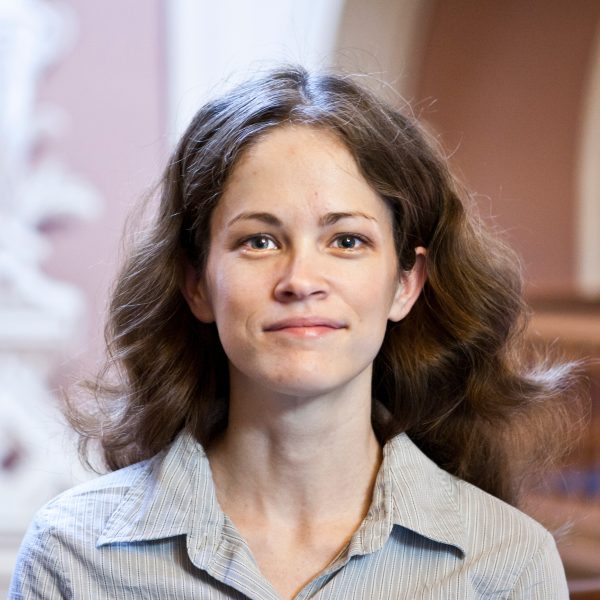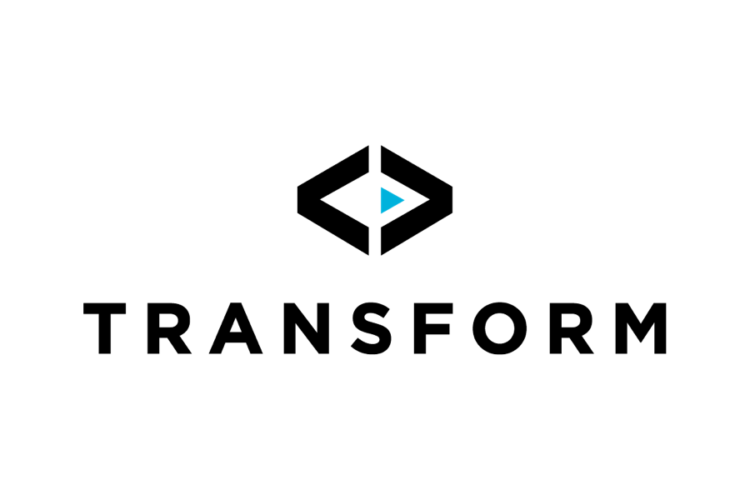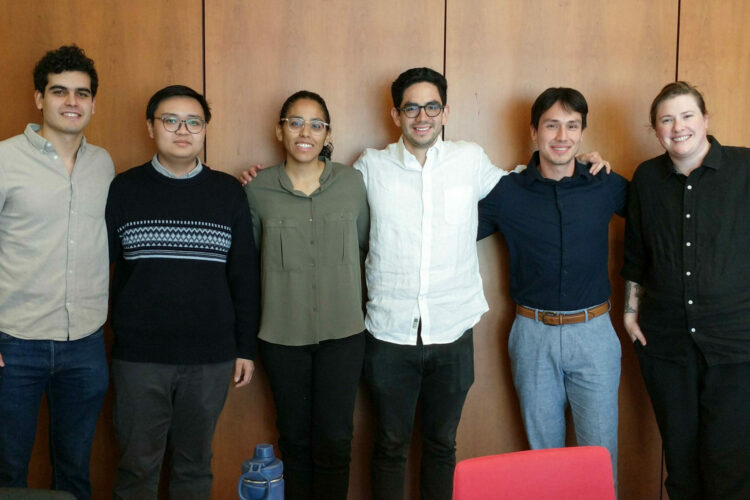Data Science Clinic students solve real-world problems, gain lifelong skills
One hundred and thirty-five University of Chicago graduate and undergraduate students participated in the Data Science Institute’s Data Science Clinic across three quarters this year. The clinic pairs teams of students with a real-world client to work on a data science problem.
This year’s clients came from the nonprofit, civic, academic, and industry sectors. Groups of two to five students were assigned to one of 31 projects and tasked with producing several key deliverables, such as data analysis or open-source software, as well as final client presentations and research reports.
Each team receives guidance from a mentor, frequently a postdoctoral researcher, and a master’s student who serves as a teaching assistant. Once assigned a project, the teams self-organize, developing their own meeting schedules, distributing tasks, and communicating about progress and challenges both internally and externally to the client.
“The goal of the clinic is to expose students to the variability of real-world projects,” said Nicholas Ross, director of the Data Science Clinic and an associate senior instructional professor at the Data Science Institute. “Students learn how to adapt and pivot as their projects proceed, trying new things until a workable solution develops. Through this process, participants also develop leadership and communications skills as they work with individuals with varied backgrounds and skillsets. They also learn internal accountability.”
A project for every interest
Projects this year ran the gamut from predictive modeling to machine learning and data analysis to data management systems.
One group, for instance, worked with American Family Insurance to estimate storm and weather risks for homeowners across the country. The team used historical records to develop a series of charts and visualizations that show the relative risks of severe weather events in different areas of the country. The company can use these new tools to better advise its customers on how to protect against potential weather damage and save money.
Another team partnered with Invenergy, a Chicago-based international renewable energy provider, to improve the process for identifying damage to the company’s wind turbines. The company uses drones to monitor their turbines, resulting in thousands of images to review for damage daily. The students developed algorithms that allowed Invenergy to more quickly review images and more accurately identify potential damage, saving the company time and money.
Ning Tang, MS ’23, worked on a project with a well-known regional bank to predict non-maturing deposit balances. The project provided an invaluable opportunity to employ the practical application of machine learning methods to real-world problem-solving, she said.
“Collaborating with the bank’s team of data scientists provided us with valuable insights gained through their practical experience,” she said. “I would highly recommend this course to others, especially for those who aspire to work in the industry after graduation. It offers an excellent opportunity to engage with external clients, establish valuable connections, and gain hands-on experience in solving real-world challenges.”
Recognizing excellence in mentoring
New this year, the clinic presented the Data Science Clinic Excellence in Mentoring Award to recognize the important role that mentors play in the program.
The annual award, presented during the Spring Quarter, recognizes individuals who have demonstrated extraordinary commitment to fostering the intellectual, creative, scholarly, and professional development of their mentees.
“A lot of the success or failure of a project depends on the investment that a mentor puts into it,” Ross said about the impetus behind the award. “Rewarding and recognizing mentors that go above and beyond the call of duty is one way to thank them and to ensure the value of the program going forward.”
This year’s winners were postdoctoral scholars Patricia Chiril (left) and Anna Woodard (right).


“Both Patricia and Anna made a significant impact on the clinic this year,” said Ross. “Anna has provided an incredible amount of useful feedback on how the clinic as a whole can be better. That’s in addition to the fact that the students love working with her.
“Patricia, who focuses on Natural Language Processing, has a very in-demand specialization. She not only mentored her own projects, but also was always willing to jump in to help with other projects and provide them with guidance and feedback.
“The clinic would not have been as successful as it was this year without their efforts,” Ross said. “We applaud and thank them for the extraordinary job that they have done – and appreciate the hard work of all of our mentors and teaching assistants this year.”

Nūtrad, from Transform Cohort 2, featured in The Chicago Maroon

Community Data Fellow Stephania Tello Zamudio helps broaden internet access for Illinois residents

Incoming UChicago Data Science and Computer Science Associate Professor raises additional $106 million in new funding round for company, Together AI
